


System Shock is one of those classics that those of us old enough to have played in our childhood remember fondly, but probably don't want to play today. I bought the enhanced version of System Shock and played through the first level, but grew tired of the clumsy interface, and never played it again. The remake, however, brings a modern UI and control scheme while still retaining the original's gameplay and storyline. I found myself using decades old walkthroughs to complete the remake, and every item and quest was present. The graphics are a delightful mix of modern techniques like realtime lighting, reflections, and particle effects, while still retaining a retro look with pixelated textures and relatively low poly characters. This graphic style is contentious, but I think it works well. The music has been completely replaced, but again I think the change is for the better. The original was very MIDI techno, while the new soundtracks are more ambient and haunting. I was lucky enough to get a copy of the OST as part of my Kickstarter pledge, and "The Ruined Infirmary" (the exploration music for the first level) is a particularly engaging track. I would have liked to see this remake modernize even more aspects of the game. A simple goal tracker would make the game much more approachable for those less interested in the puzzle solving mechanics that often require noting down codes and instructions from messages and recordings found throughout the game. You will need pen and paper to complete the game, which feels a little anachronistic. Combat is also pretty tedious. FPSs have come a long way with simple mechanics like cover, melee, and peeking being common enough that they are noticeably absent when not included. System Shock will often have you running around a corner, firing one or two shots, running back behind the corner, and waiting for the enemy to fire hopelessly into the wall that stands between you and them. Highly recommended overall though.
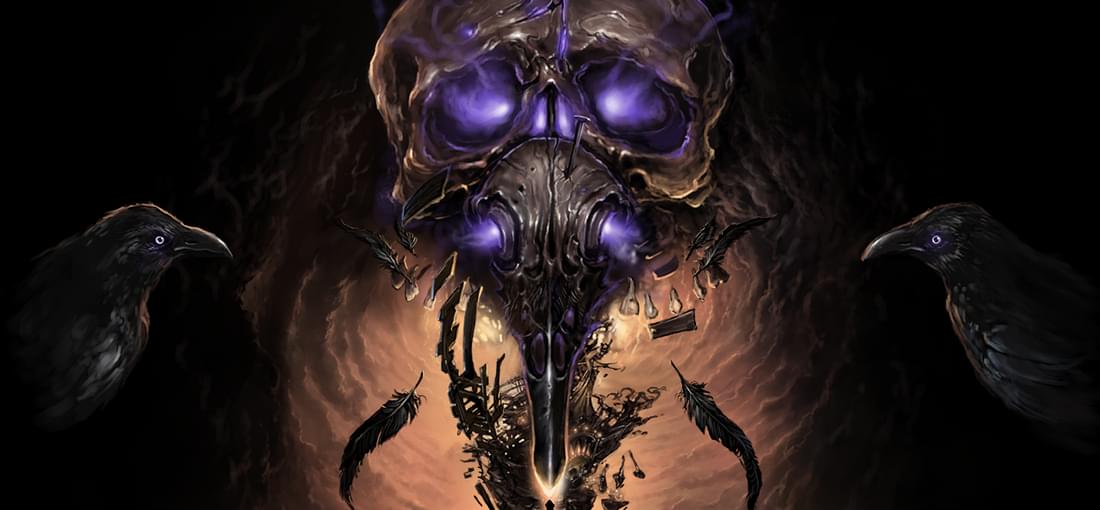
Strangeland is a hauntingly beautiful game that drops you into a nightmarish landscape of doomed souls resigned to their fate, antagonistic doppelgangers who torment you at every turn, tortured victims held behind bars or in glass jars, and masked characters blissfully indifferent to the horrors around them. Every scene in the game is lovingly crafted, with detailed writing, atmospheric music, and rich imagery. The variety, attention to detail, and fresh dialogue kept the game engaging even as you loop back though these scenes time and again while solving puzzles. The gameplay benefits from a recent trend away from dead ends, while the puzzles themselves will keep casual adventure gamers engaged. I suspect seasoned adventure gamers will speed-run through the game in just an hour or two, but more casual gamers like myself will still find a substantial game to enjoy. I do sympathize with those that found some of the writing a little self-indulgent. Some characters seem to exist for the sole purpose of throwing as many classic literary and video game references into a single sentence as possible. This does fit with the theme of the game, where everyone seems to have a deep understanding of Stangeland, but only share just enough to let you take the next step. But I also suspect these characters exist to scratch a personal itch by the designers to draw connections between as many works of art as they can, like the quintessential TV detective creating a web of red strings between photos and newspaper clippings pinned to the wall. However, the annotation mode provides anyone interested with a detailed explanation of the dialogue references. Fortunately, Strangeland includes a phone operator, and by dialing zero on the easily accessible payphone, you get a clue as to the next path to take or be given the answer to more complex riddles. Overall Strangeland provides a rich story through the lens of an accessible and enjoyable adventure game.
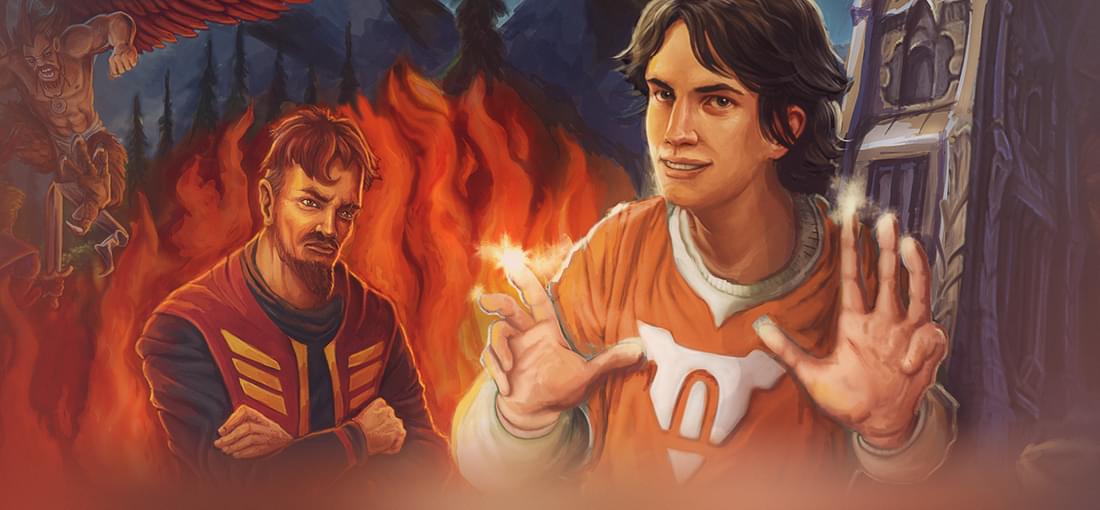
Mage's initiation is a charming and enjoyable adventure game that strives to break out of the traditional point and click routine with more action oriented mini-games involving timing and basic combat, with varied success. The main quest is a series of three adventures to collect various exotic items located throughout the realm, and upon completion the young adventurer is rewarded with the title of mage. The protagonist is assigned to one of four elements: earth, fire, water, and air. Each element includes different spells and abilities, which impact how you complete challenges, which also gives the game some replayability. The main story line is an enjoyable adventure game experience, with plenty of exploration, dialogue, practical puzzles, and characters to interact with. Dialogue is optional for the most part, but there are many gems to be found if you follow all the conversation trees. At certain points in the game you must complete combat sequences, which amount to a lot of mad clicking around on the screen to cast magic spells against your foes. I found these sequences a distraction and would have been quite frustrated if I hasn’t turned down the combat difficulty to a point where success was all but guaranteed. The main character's narration can be hit and miss. You know that trope where a character waits to meet someone important and rehearses a meaningless line like “it is nice to meet you”, placing emphasis on different words until the phrase becomes comically overthought? It is like the voice recording for the main character went through that process but selected the wrong take for inclusion in the game. I could put the odd inflections down to a character trait, but still chuckled to myself at the delivery of some of the lines. This game is not quite as polished as some other retro-style adventure games, but despite the points I mentioned above, it is an enjoyable game, and worth buying if this is a genre you enjoy.
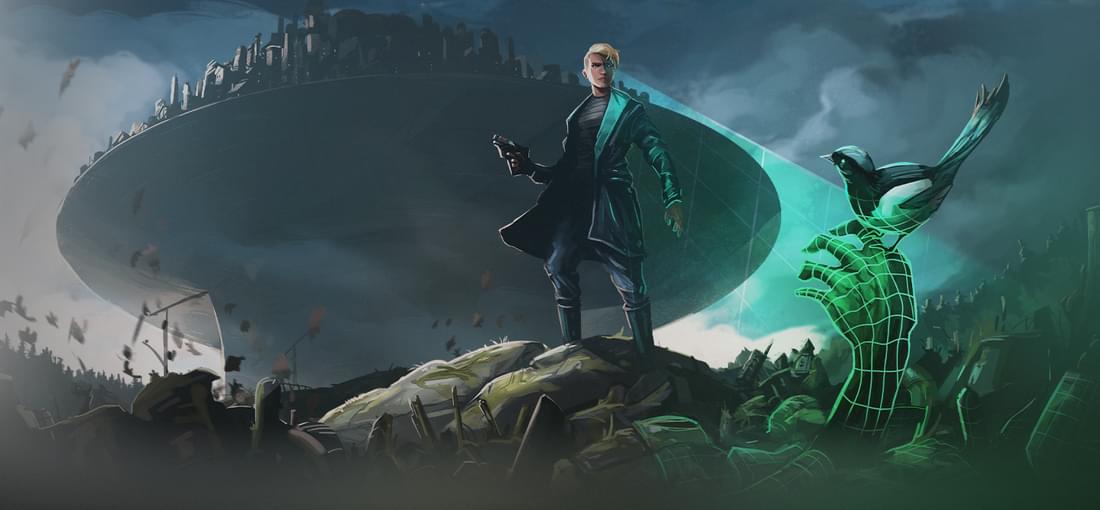
Whipsers is a straight forward adventure game that employs some unique gameplay mechanics in place of cryptic puzzles. The protagonist is an enhanced investigator with the ability to inspect hidden details in a scene using a scanner, which adds a new dimension over the traditional “click, inspect, interact” process that is typical of this genre. You also unlock special skills based on personality traits in the main character, determined by conversation choices, which in turn define how certain puzzles are completed. These special skills give the game some replay value as you can chose different conversation paths to acquire new skill sets. I found myself drawn into the larger story of the world as it unfolded slowly throughout the game, even if the game itself is limited to the small area of a regional town. Also, some of the character’s special skills aren’t quite as developed as they could be (in particular the strength skill is something that you enable in obvious and unimaginative ways). Despite these shortcomings, Whispers is a great game that will appeal to anyone interested in sci-fi adventure games.
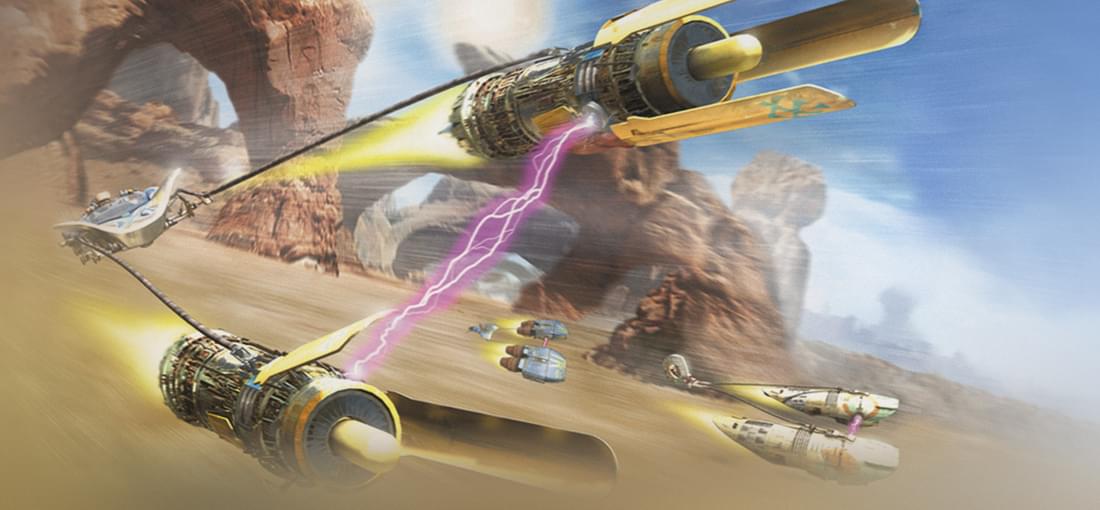
A quick look through the forums will show you how many people simply can not load this game. It will display the blue loading bar and then exit. Gog support offer a lot of helpful suggestions, but re-configuring your system to the extent that they ask is unacceptable for what should be a click and run experience. Don't bother with this title until it can be updated to actually work as described.
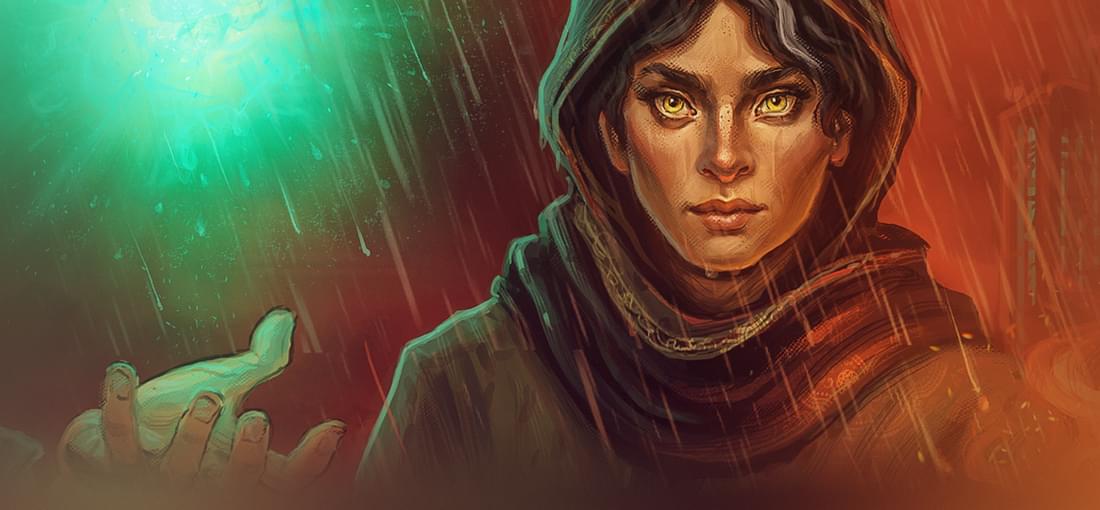
I quite enjoy adventure games, but find myself quickly frustrated at the kind of absurd puzzles that they sometimes rely on. Thankfully Unavowed focuses more on the story and characters, which is the perfect sweet spot for me. The UI has also been streamlined. Inconsequential items in the scene are explained with text by moving the move over them, removing the "click on trash bag, listen to the player explain that it is a trash bag, try to interact with the trash bag, listen to the player tell you that they don't want to search through trash" back and forth that is so typical in this genre, which gets old quickly. Also the player character is not voiced, meaning once you click the conversation option, the other characters respond immediately. These are small changes, but I found that I enjoyed the game more because of the faster pace. While the game pace has been increased, there are a lot more scenes in Unavowed compared to previous Wadjet eye games, so you still get a sense of being part of the world rather than quickly clicking the one or two interactive items and moving on. The art is gorgeous, the voice acting is (as always with Wadjet Eye) professionally done, and I love the commentary track. Frequent (but subtle) shoutouts to the Blackwell series are rewarding for long time Wadjet eye fans. The only complaint I have is that because the player is silent, they feel like a glorified mouse cursor. All the other characters have rich dialog and beautiful voice recordings, but I find myself only half reading the players conversation choices and quickly selecting one because I'm not invested in that side of the conversation. If the player was removed completely, all interaction was done via the companion characters, and you were presented with simple, impersonal conversation path options like "let the demon go" or "kill the demon", it feels like the majority of the game wouldn't change. Overall still a great game, and highly recommended.
I'm not an adventure game player, and bought Resonance on a whim. It was a decision I don't regret. While the game was fun and the story was entertaining, what I really enjoyed was the commentary, which would show up either as a clickable tile in a scene, or would be injected into the characters conversations. These little behind the scenes glimpses into how the game was made or why certain decisions were made added a new dimension that you often don't get in video games. I found the commentary by those responsible for the game very insightful, and actually enriched the experience a great deal. The game play mechanics involving multiple characters, and the novel use of Short Term Memory and Long Term Memory elements which could be interacted with in much the same way as any other item in your inventory, were things I hadn't seen before. Maybe this is actually pretty common in adventure games, but I though the implementation in Resonance was neat. I also appreciated the fact that some hard core puzzles could be skipped by those who maybe just wanted to keep the story moving. I wasn't terribly interested in solving complex logic puzzles, and having the ability to just walk around the other side of the building instead of spending the next 30 minutes unlocking a door was very welcome.